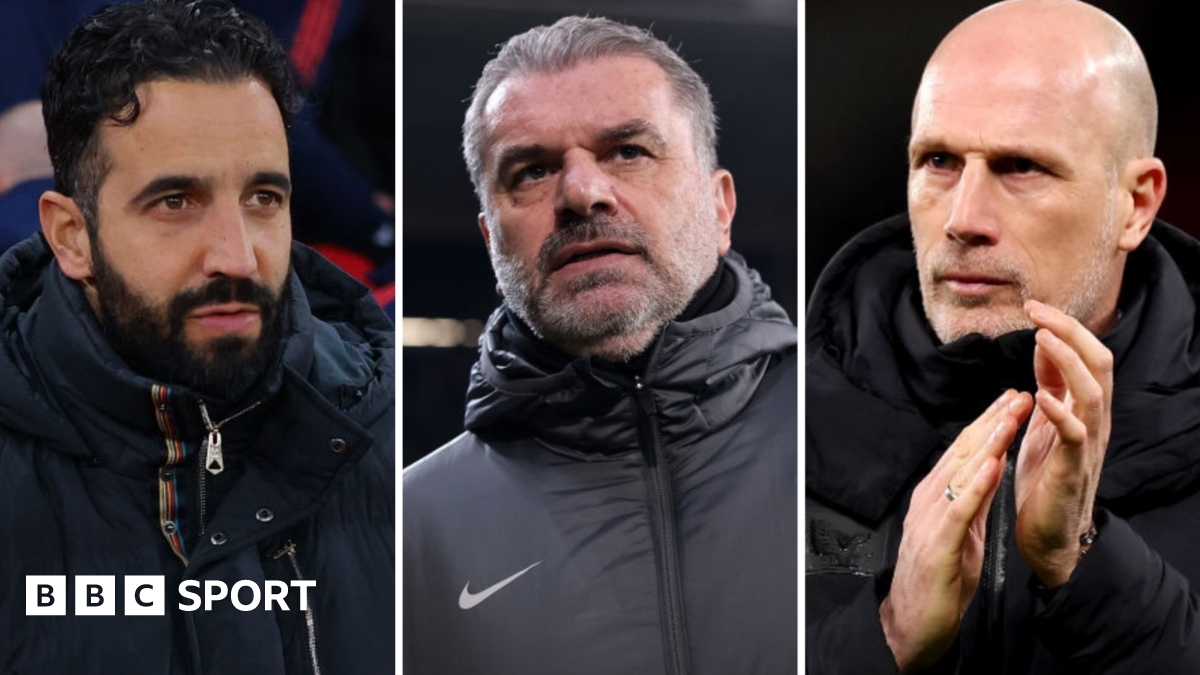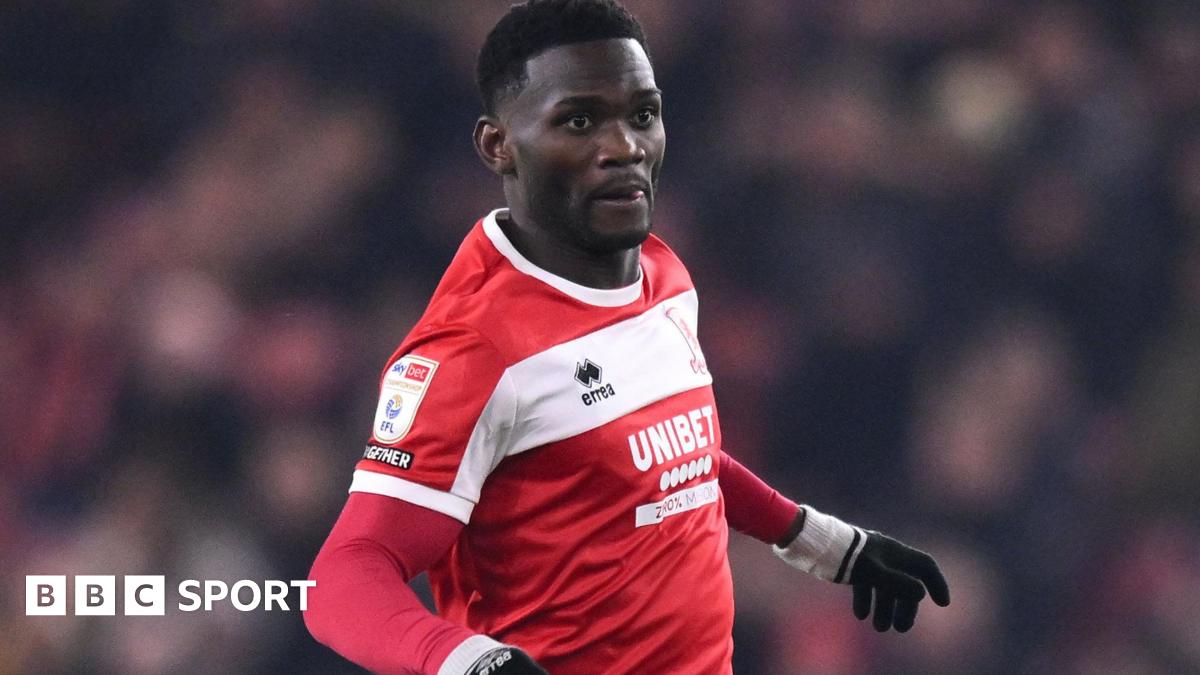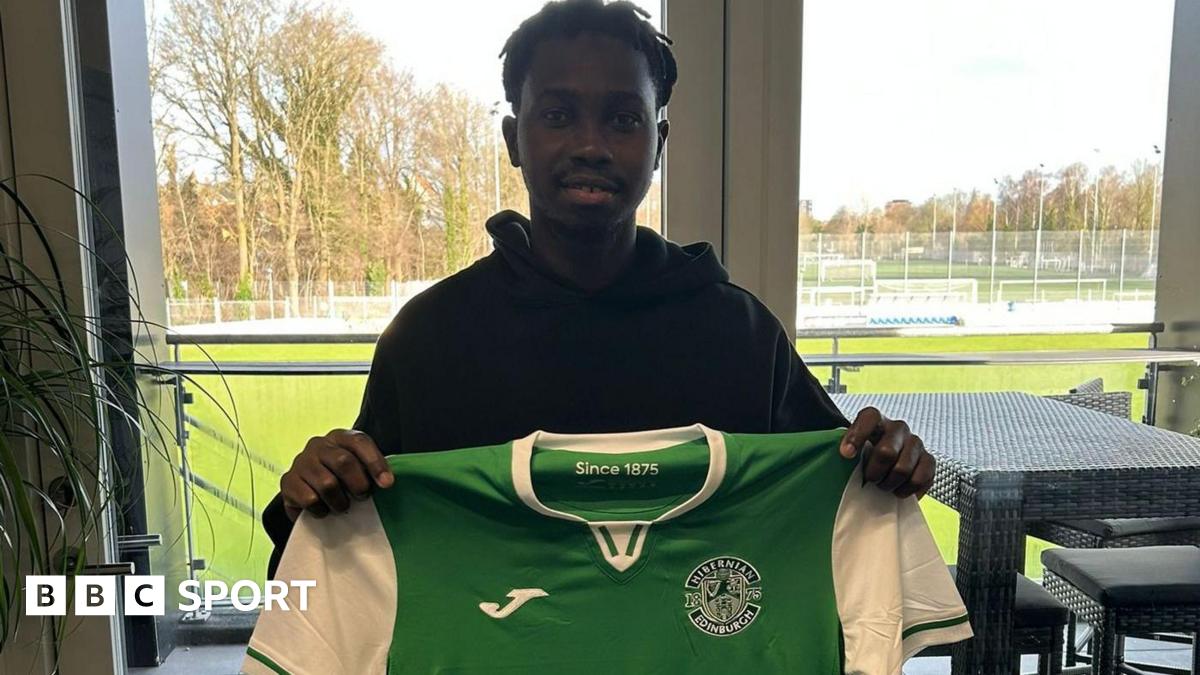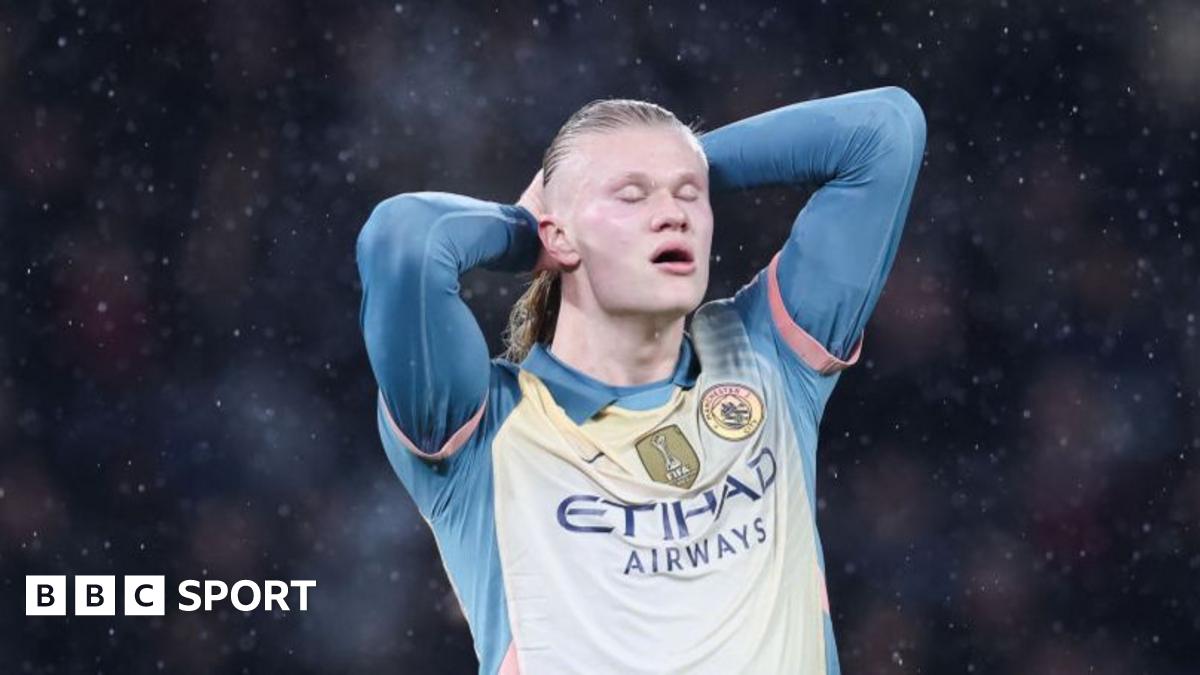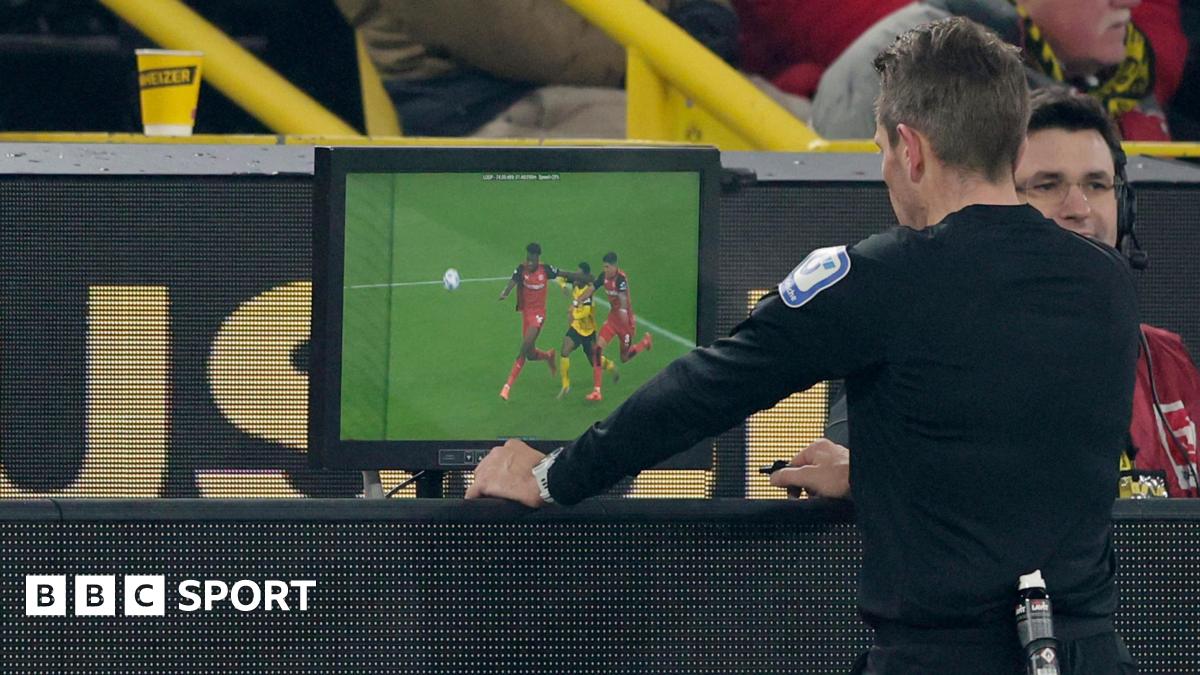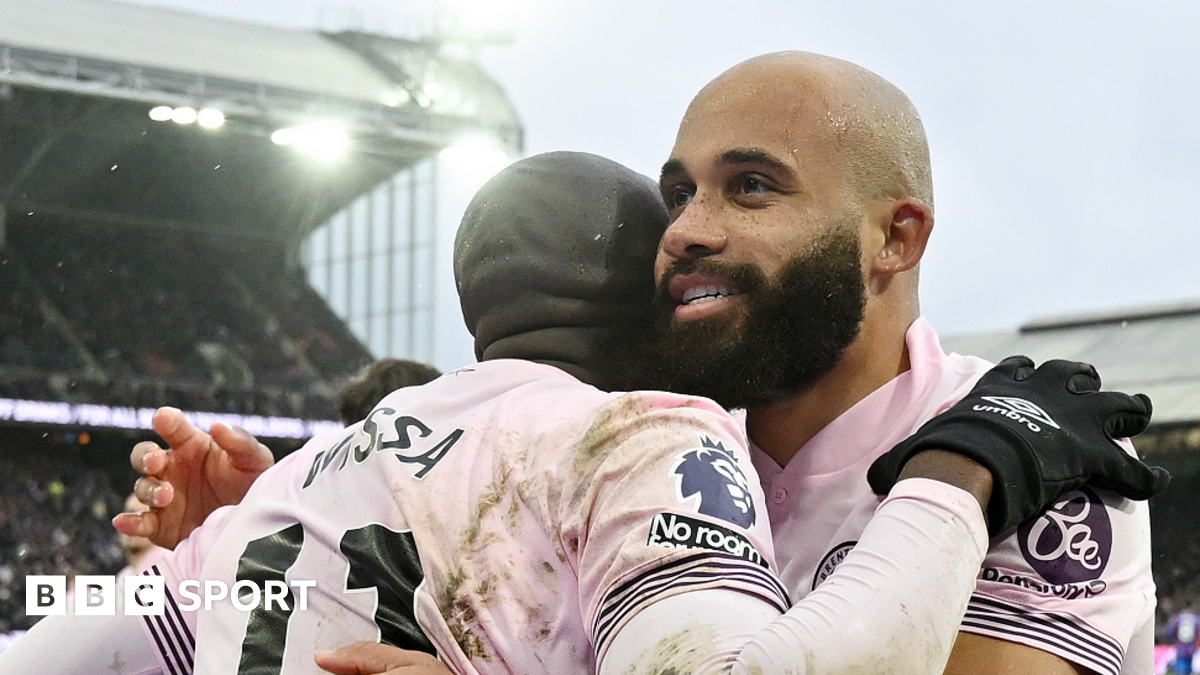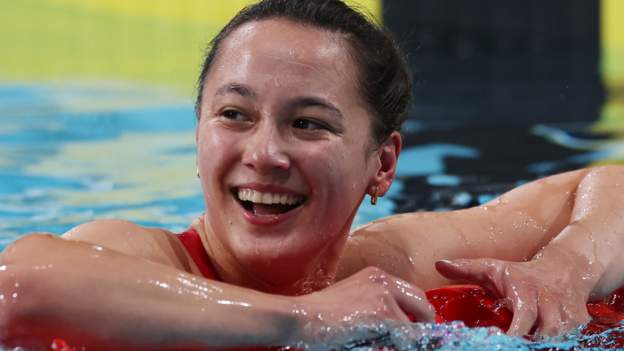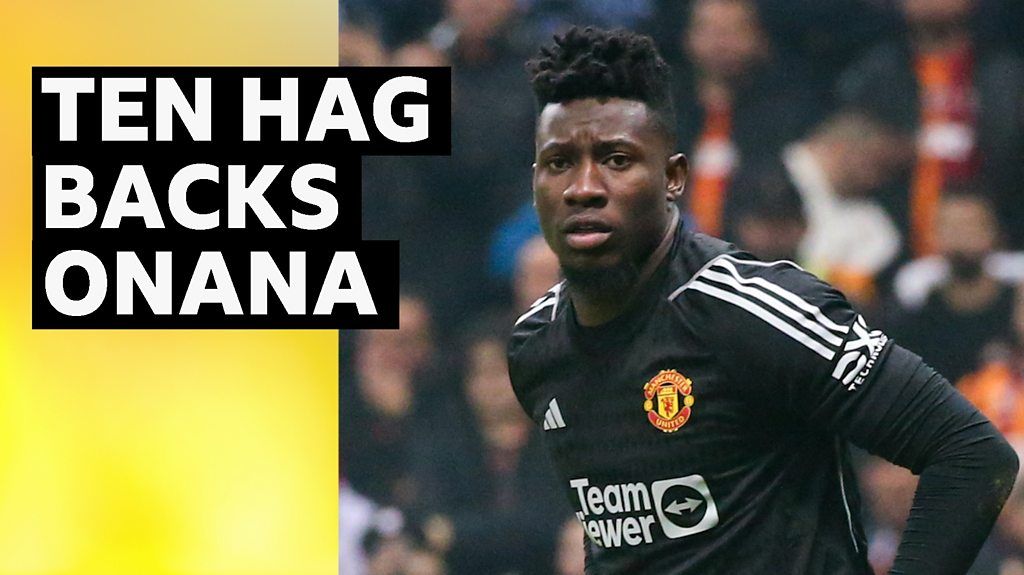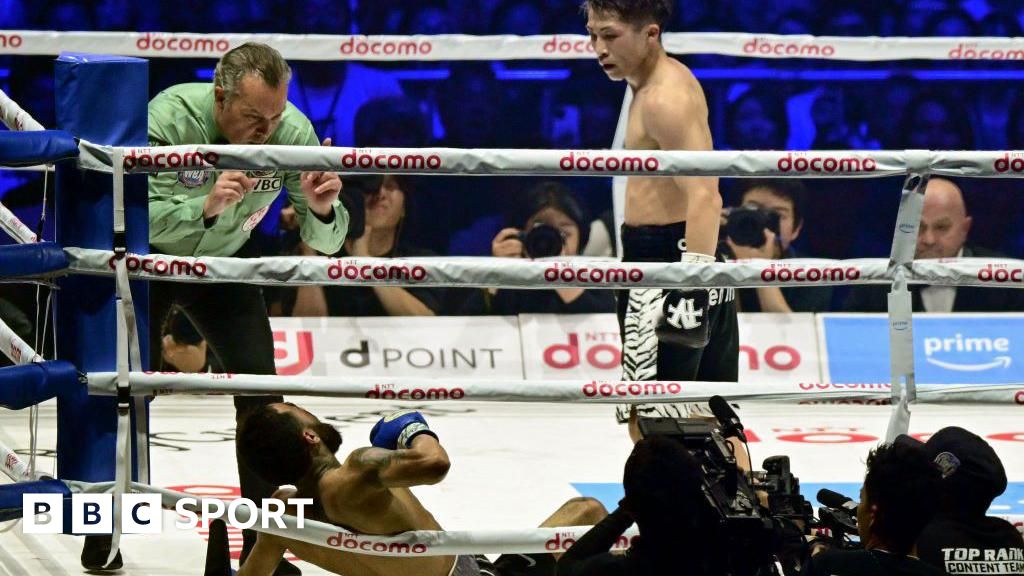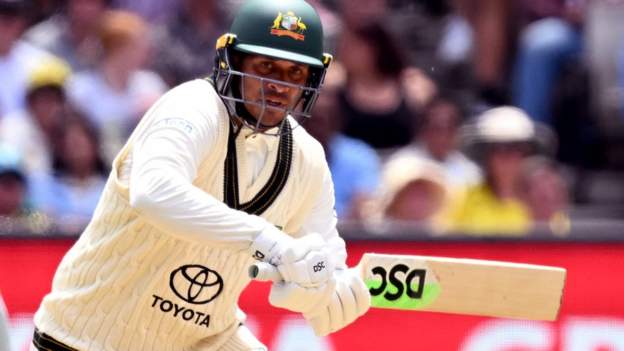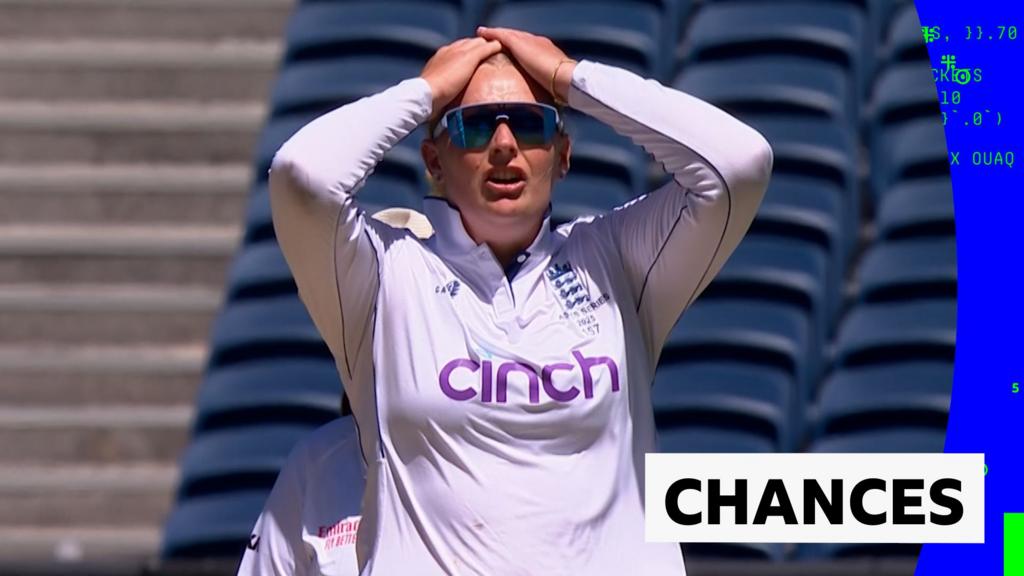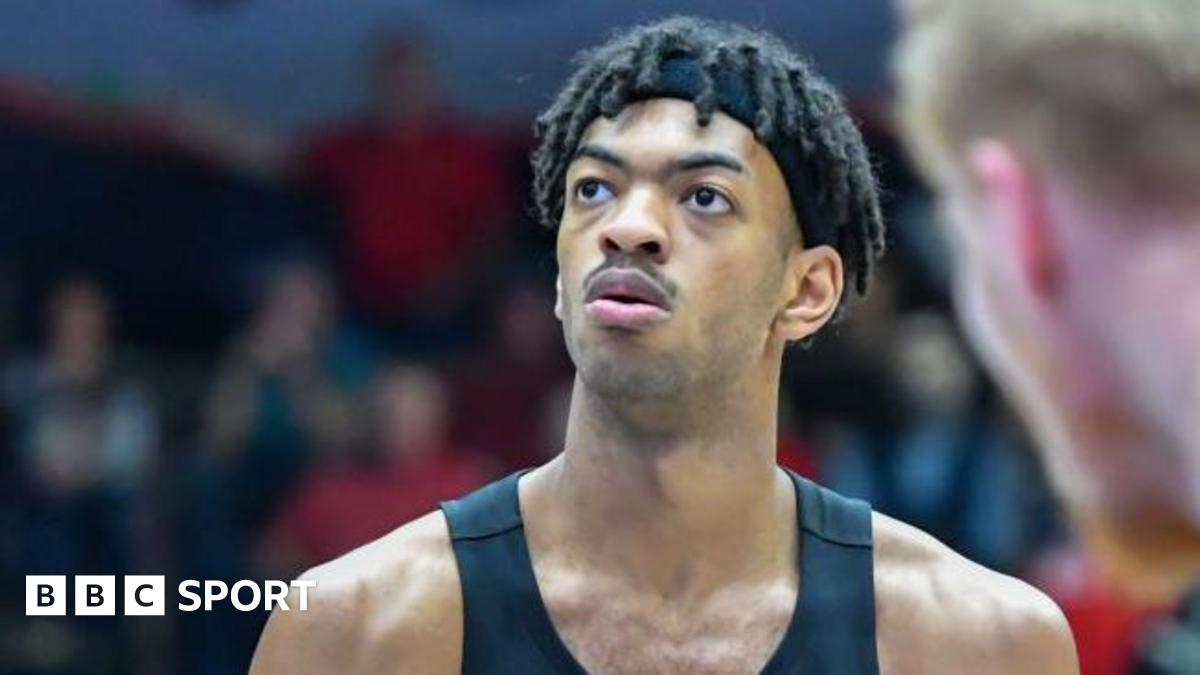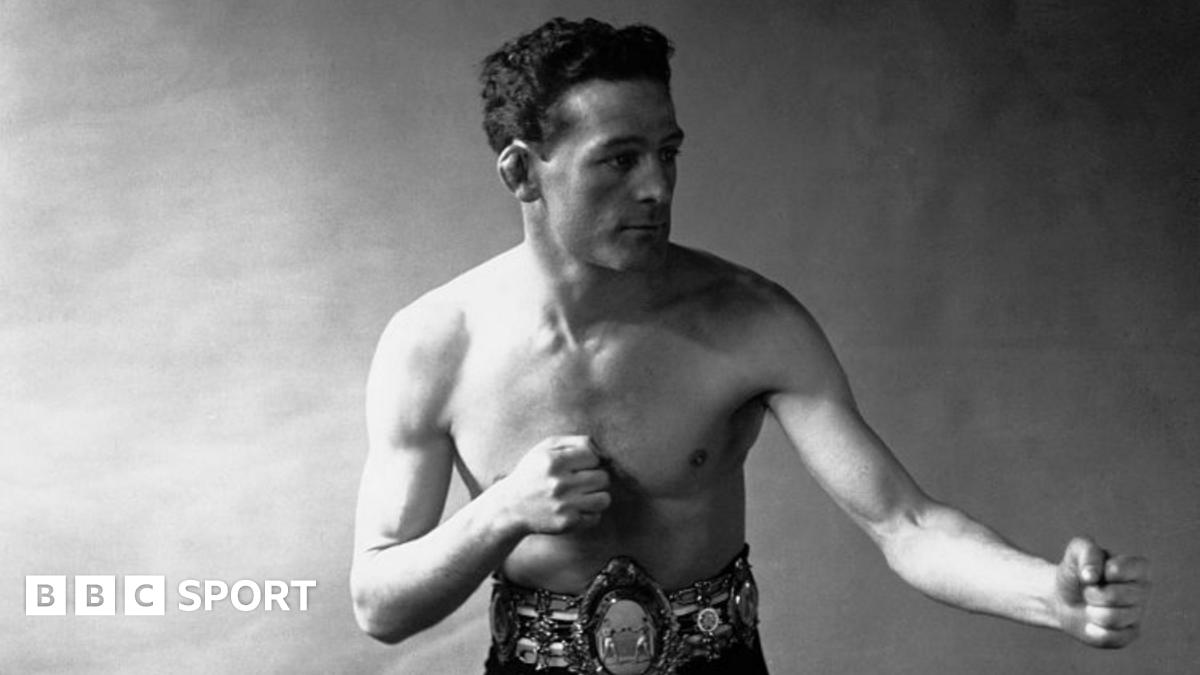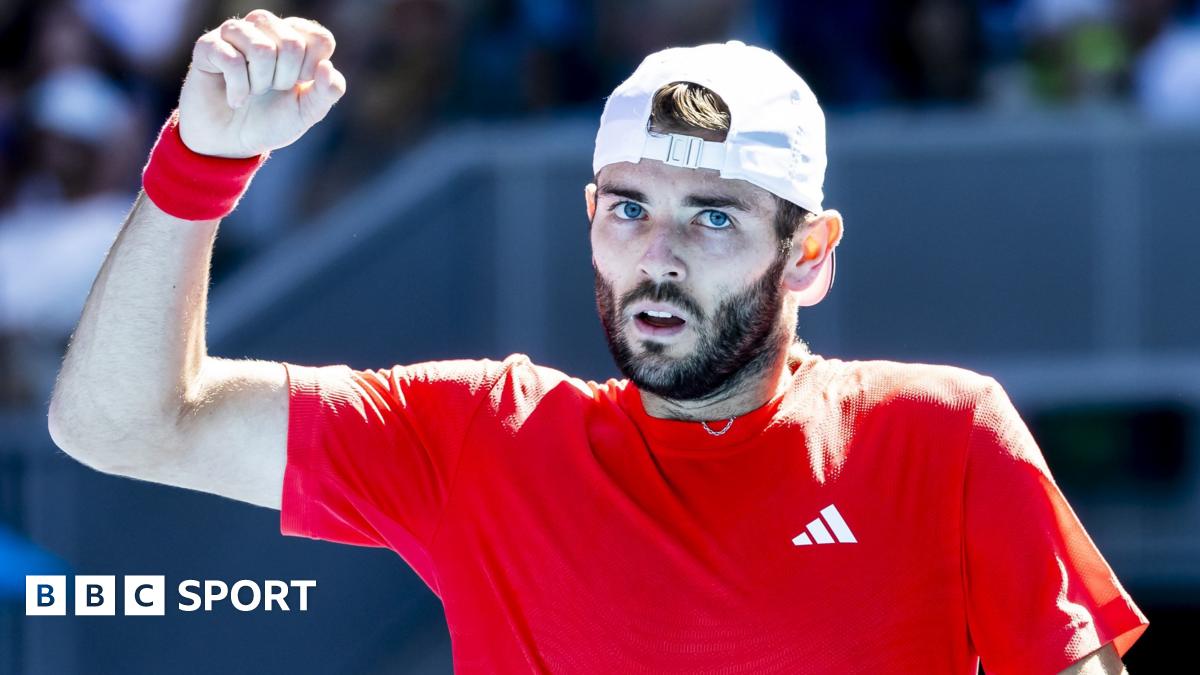British Paralympic and world gold medallist Alice Tai says that she is driven to “destigmatise” disability after having her right leg amputated below the knee last year.
The 24-year-old swimmer has won World Championship and Commonwealth gold medals since the operation, which she decided to have because of increasing pain and discomfort.
Tai, who was born with club feet and had multiple surgeries as a youngster, is now building towards next year’s Paris Paralympics when she is aiming to compete in five individual events.
She had the amputation in early 2022 to improve her quality of life and says she is “back to where I wanted to be” post-surgery.
Tai hopes that her decision to have the operation will have a positive effect beyond her own sporting career.
“When I told my friends I was having an amputation, a few of them knew it was a great thing,” she says.
“But a few others, not just my friends, had a reaction as though it was the worst thing in the world to lose a limb. I think to destigmatise that is so important.
“People can acquire disabilities or be born with them and it can be traumatic. But it isn’t the end of the road. There are still so many opportunities and so many things that we can do.
“It’s been really cool, kind of joining that amputee community and also hopefully being able to positively impact other people’s opinions about disability, about amputees and about living with chronic pain as well.
“I don’t think people fully understand what it’s like having pain that can lead you to having a limb amputated. So raising awareness of that has been super important too.”
Tai, who won her 2022 Commonwealth and 2023 World gold medals in the S8 100m backstroke, says she is “really motivated” for the 2024 Paralympics, having been left “devastated” when she missed the rescheduled Tokyo Games in 2021 because of an elbow injury.
After winning three medals at the Para Swimming World Championships in Manchester this summer, Tai took part in an English Channel relay swim and that experience has put the 400m freestyle into her potential programme for Paris.
She is also hoping to compete in the 50m freestyle, 100m backstroke, 100m butterfly and “possibly the 200 medley” – but the 400m freestyle is the biggest challenge and it was prompted by her coach who told her: “If you can do an hour in the Channel, then you can do a 400”.
Tai says with wry amusement: “I hate the 400 but here I am.”
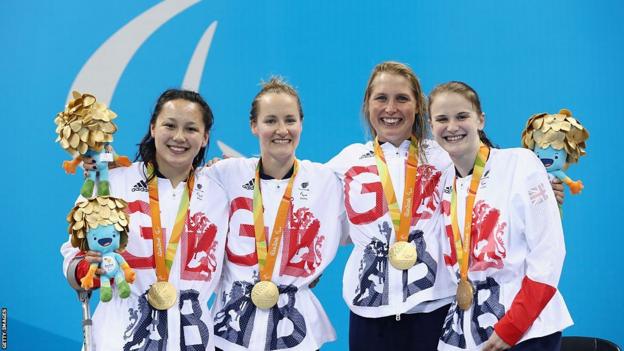
Before the Paralympics, Tai will compete in April’s British Swimming Championships at the London Aquatics Centre, where she won seven gold medals at the 2019 Para Swimming World Championships.
The 2024 British Championships will be a fully combined event for able-bodied and Para-swimmers for the first time and Tai believes the integration will be beneficial to coaches and athletes.
“The most important thing is it raises awareness of Para-sport,” she says. “The coach I’m with now, he’s really learnt so much about Para-swimming and he has been able to pass that knowledge on to other coaches when they’ve had a Para-swimmer for the first time.
“There will be less confusion whenever a club receives a new Para-athlete on how they should train, which is pretty much similar to able-bodied athletes. Swimming is swimming, but it is slightly different in terms of the processes from grassroots to elite.”
However, she would not like to see any merger between the Olympics and the Paralympics.
“I have quite strong opinions about this,” she says. “The Commonwealths is a good reflection. It’s great that it’s an integrated programme, but a lot of Paralympic events aren’t selected because it would just be too long.
“So although it’s amazing that there’s integration at the Commonwealth Games, it’s kind of sad sometimes because certain athletes who are amazing world champions, world record holders, can’t compete because their events aren’t in.
“That 100% would happen if the Paralympics and Olympics were merged – the Paralympic programme is 10 days long. I’m not sure how long the Olympic one is, but I feel like it’s similar. And no-one wants a two-week swimming competition; it would be awful.
“The Paralympics as a movement by itself, it’s such an amazing thing. I feel as though having it as its own entity is super important. It was never meant to be in association with the Olympics. It was meant to be parallel, hence the name.
“Merging Paralympics and Olympics is a very bad idea, but domestically I think it’s great.”
Tai, who will be 25 next month, says that her “body’s a little bit battered” and “old in terms of swimming” but she is “feeling good” and “really happy with where I am” with Paris less than nine months away.
Despite the aches and pains, she does not intend to retire once the 2024 Games are over.
“Oh, Paris isn’t it for me, I’m too stubborn for that,” she says. “Tokyo, I was like, ‘maybe I want a life outside of swimming’ but I feel like this year, I’ve definitely found more of a balance.
“The amputation really forced me to find other things to do because I couldn’t swim, couldn’t really do anything. So I had to learn more about myself and figure out what I liked outside the pool.”
Tai was part of the British quartet that won 4x100m medley gold at Rio 2016 and is excited about ending an eight-year wait to compete in another Paralympics, having been “very stressed” first time around when she was 17.
She adds: “I’ve been in the sport for so long but it’ll only be my second Paralympics. I say ‘only’ but that’s still a huge feat in itself. I’m super excited and I can’t believe how quickly it’s snuck up.
“I loved being on the sofa [for Channel 4 in 2021], doing some punditry, I thought it was a great experience, but also it was really difficult to sit there and watch the races that I would’ve been in and then have to comment on it.
“So I’m really, really hoping this season works out better for me. I also just want to go to the Paralympics and fully immerse myself and enjoy it.”



